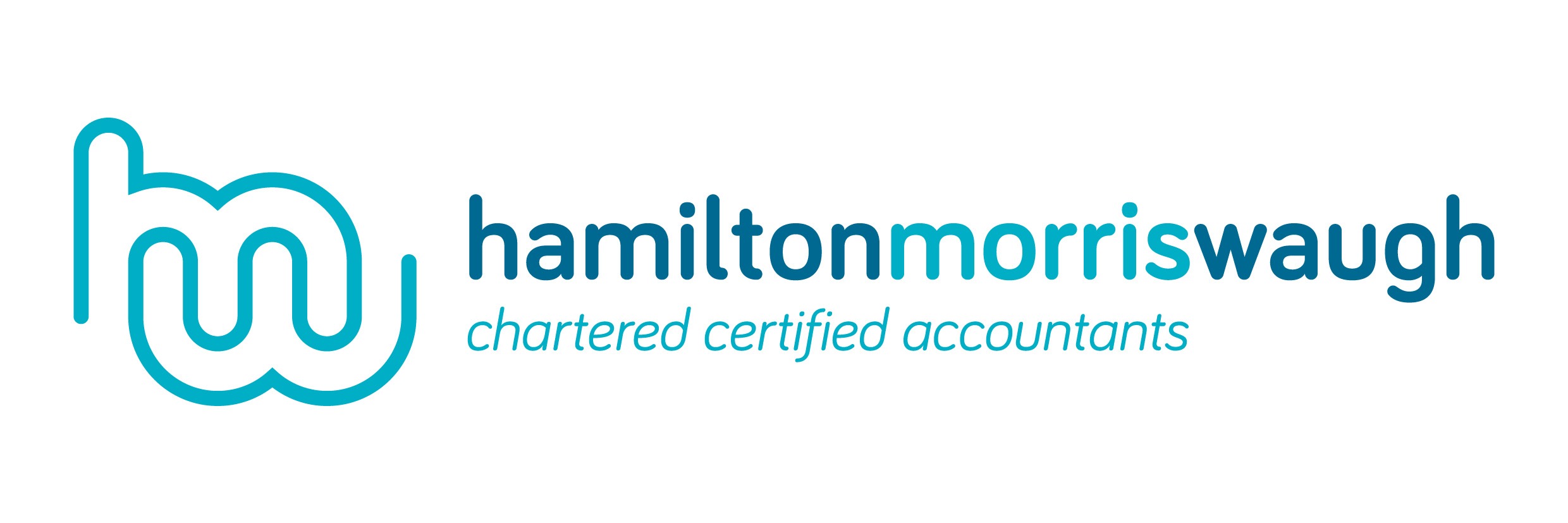As a limited company, you’ll be responsible for filing an annual corporation tax return and paying your outstanding liability to HMRC.
But while some forms of tax are collected automatically (like through PAYE, for example), corporation tax works slightly differently.
If you’ve just formed your first company, knowing how to pay your corporation tax bill is essential. Here’s how.
How is corporation tax calculated?
You determine the amount of corporation tax you owe by your company’s net profits from your year-end (which depends on the date of your company’s formation).
From 1 April 2023, smaller companies with a turnover of £50,000 or less will pay the 19% corporation tax rate, now known as the small profits rate.
Companies with a turnover of £250,000 or more will pay the new rate of 25%. Anyone in between will pay the main rate of 25%, but it will reduce with marginal relief.
If your accounting period is shorter than 12 months, your relief will reduce proportionately. HMRC will also reduce your relief if you have a number of associated companies.
When completing your corporation tax return, you’ll calculate your corporation tax bill based on your profit or loss from your annual accounts. While this may sound complicated, you can avoid confusion by talking to someone specialising in corporation tax returns (just like us).
How do I pay my bill?
All companies with taxable profits of up to £1.5 million must pay their corporation tax nine months and one day after their end-of-year accounting period.
Usually, this will be your financial year, but it’s possible that you may have two accounting periods in the year you set up your company.
If your company has taxable profits of more than £1.5m, you’ll have to pay your bill in instalments. There are separate rules and deadlines for the following:
companies with taxable profits between £1.5m and £20m
companies with taxable profits exceeding £20m.
There are several ways to pay your corporation tax bill, each with its own time allowance.
Same or next-day payments
- online or telephone banking by CHAPS or Faster Payment
- through your online bank account.
In three working days
- online or telephone banking via Bacs
- direct debit (if you’ve already set one up)
- online with a debit or corporate credit card
- at your bank or building society.
In five working days
- direct debit (if you haven’t set one up).
If your deadline falls on a weekend or bank holiday, you must ensure your payment reaches HMRC the last working day before it.
When a company makes a loss, you won’t have any corporation tax to pay, but you’ll still have to file a nil-profit return with HMRC, declaring and providing you haven’t made a profit.
Can you help?
Corporation tax can be somewhat tricky to calculate and report (especially if you’ve made a loss). We’ve worked closely with companies of all sizes throughout our career, so we’re perfectly placed to help you calculate and pay your upcoming bill.
Get in touch to discuss your corporation tax payments.


